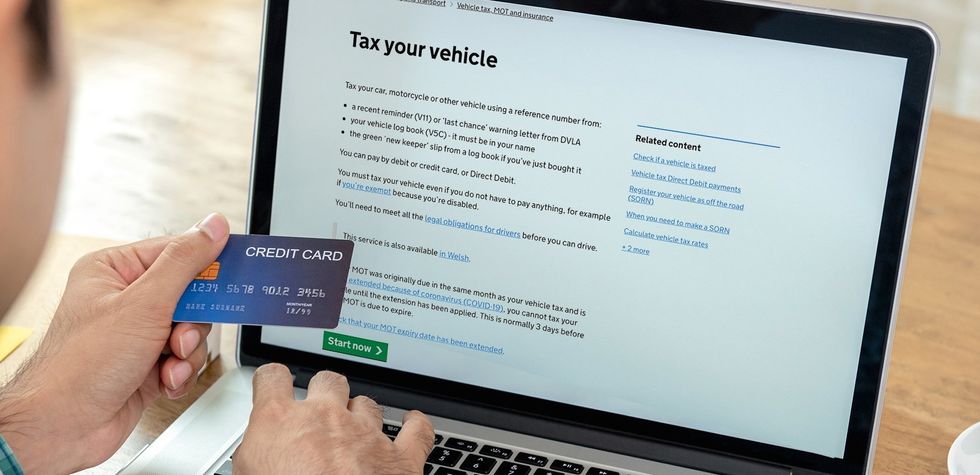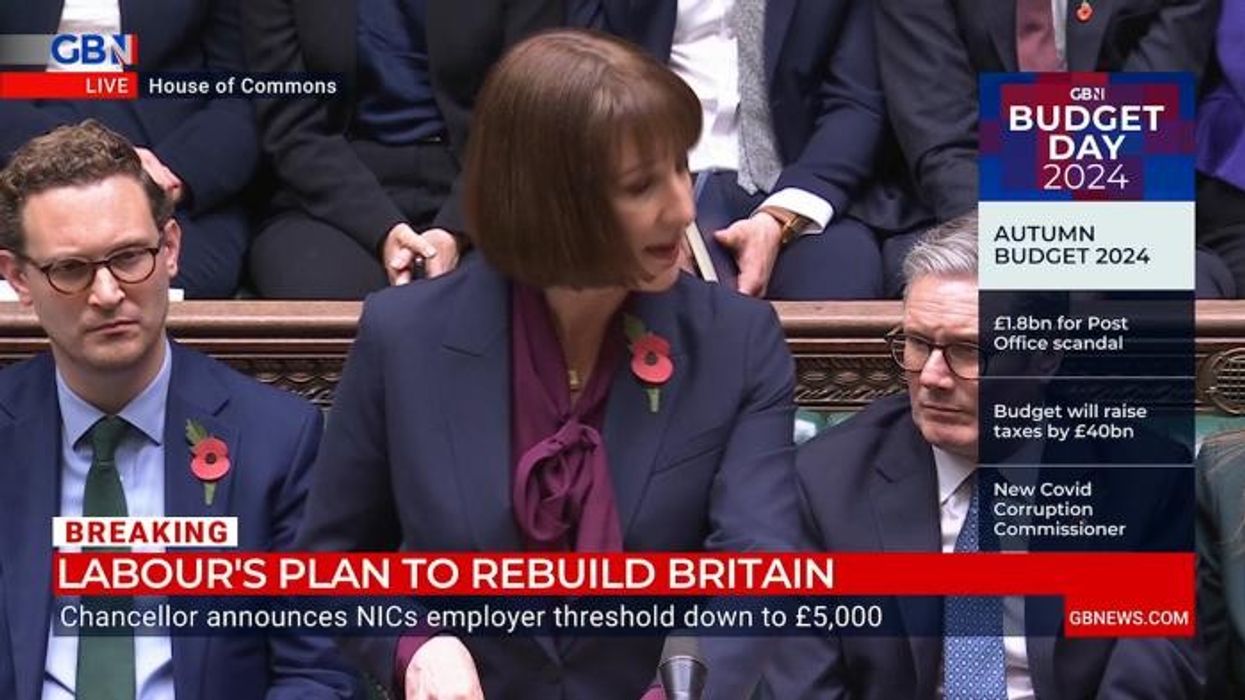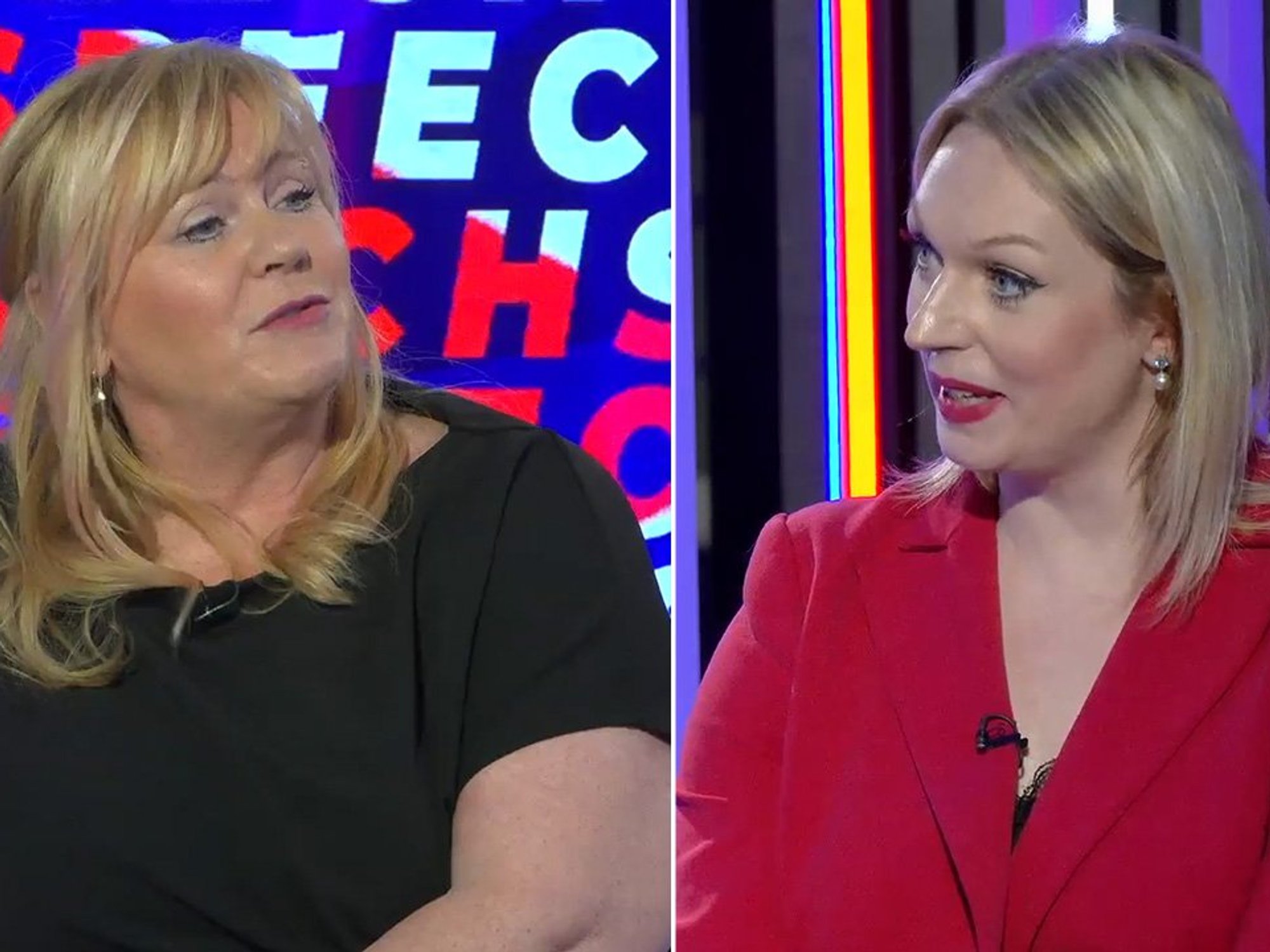Rachel Reeves' car taxes could see two in five petrol and diesel drivers give up cars amid 100% cost hike

Reports found that high driving costs have impacted more than 40 per cent of drivers
Don't Miss
Most Read
Two in five petrol and diesel drivers could be forced to ditch their vehicles due to higher car taxes, insurance and all-around driving costs.
It comes after research revealed that 41 per cent of working adults fear they would need to surrender their cars this year if the costs of travelling continue to peak to unaffordable levels.
The financial pressure follows reports that filling up a standard 50-60 litre tank of petrol and diesel could leap by as much as £20 this year, which could be the final straw for drivers.
Reports have now shown certain areas of the UK as being more at risk of car deprivation than others, with Plymouth emerging as the city where drivers would most likely abandon their vehicles.
Do you have a story you'd like to share? Get in touch by emailing motoring@gbnews.uk
 Rachel Reeves introduced a number of new car tax measures in last year's Autumn Statement | PA/GETTY
Rachel Reeves introduced a number of new car tax measures in last year's Autumn Statement | PA/GETTYAccording to the data, more than half of the surveyed drivers across the region were found to be considering ditching their vehicles in favour of public transport.
This was followed by Brighton at 48 per cent, with Birmingham and Manchester at 44 per cent, and London at 43 per cent.
Meanwhile, Liverpool saw 42 per cent of drivers consider giving up driving, with Glasgow at 41 per cent, and Southampton at 40 per cent.
At the lower end, Belfast recorded 26 per cent of drivers contemplating giving up their vehicles, while Leeds and Edinburgh both registered 31 per cent.
The shift away from private vehicles also follows mounting financial pressures, including rising car taxes with new rates introduced earlier this year in April.
The changes to Vehicle Excise Duty have already had huge impacts on drivers of petrol and diesel cars, who have now seen costs skyrocket.
The increases were announced by Chancellor Rachel Reeves during last year's Autumn Budget before coming into effect in April. Under the new measures, drivers would now be required to pay almost 100 per cent more for their vehicle than in previous years in their first year of ownership.
For example, a car polluting between 76-90g of CO2 per kilometre would now see costs rise from £135 to £270, while the most polluting vehicles at over 255g/km would see payments increase from £2,745 to £5,490 this year.
LATEST DEVELOPMENTS:
- Labour to block Chinese car brands from £650m electric vehicle grant as Beijing issues stern warning
- Motorhome owner clashes with council over parking issue as overnight ban causes havoc - 'Ludicrous'
- Driving licence changes that could ban passengers and impose curfews are 'urgently needed' - 'Act now!'
A quarter of drivers also detailed finding car journeys more stressful than public transport, with traffic congestion topping the list of commuter frustrations at 35 per cent, followed by feeling rushed at 24 per cent and uncomfortable or noisy conditions at 19 per cent.
Debra Goodwin, chief customer officer at Stagecoach, said: "In today's non-stop world with costs rising, considering alternative ways to commute into work is important.
"Taking the bus to work not only allows commuters to take time out to think and relax, but it's also a cost-effective method of transportation to and from work."
She explained that simply using the bus can add more "me time" for drivers to get on with other work that they would not be able to do if travelling in a car.
 New car tax changes were introduced in April | X/DVLA
New car tax changes were introduced in April | X/DVLA"So let someone else do the driving, press pause on your day and scroll, read, listen, or just stare out of the window for a bit on your 'me time' machine," she added.
The research also suggested that 40 per cent of respondents viewed cycling as the most stressful commuting method, while bus travel was found to be the preferred transport option.
The shift towards public transport also follows the anticipated rise in oil prices, which is expected to increase in the coming weeks, potentially pushing even more motorists to give up their cars.
"In a time when mental wellness is paramount, trading costly and stressful car commutes for calmer, more productive journeys could be the change many need," Goodwin concluded.











